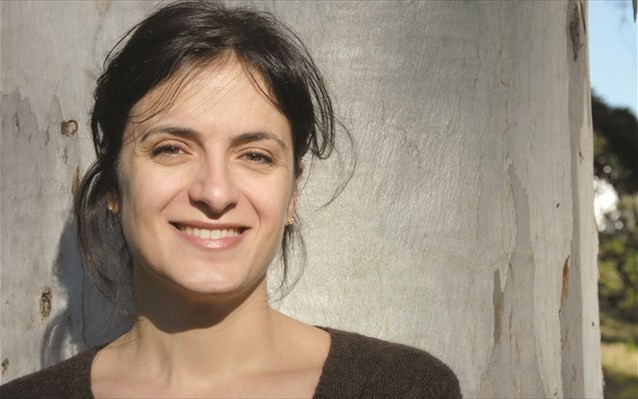(Reuters) – EU donors and international companies face huge obstacles in making investment in Greece work, even if billions of euros flow back to the stricken economy, one of the EU’s top economic official said on Wednesday.
The European Union aims to invest 20 billion euros in Greece by 2013 and a Greek privatization program is designed to raise another 19 billion by 2015, with industries from food to tourism potentially lucrative investment draws.
But foreign investors must grapple with confusing bureaucracy and a legal system that takes years to deliver rulings, complicating efforts to revive economic growth, said the EU commissioner for regional policy, Johannes Hahn.
Yet imposing yet more foreign control on the euro zone’s most indebted state or creating a European commissioner for Greece is not the answer, Hahn told Reuters in an interview.
“The Greek authorities have to deliver. We cannot have a commissioner imposing laws from above,” Hahn said at his office at the European Commission in Brussels. “We are talking about the initiatives needed from the Greeks, about creating an investment climate. It’s not just about money anymore,” said the Austrian, who has made multiple trips to Athens.
Greece won a reprieve from bankruptcy last week when the EU and the International Monetary Fund approved a 130 billion euro ($174.5 billion) bailout, following a 110 billion euro rescue deal in 2010, the terms of which forced deep spending cuts on Athens but failed to resolve its debt crisis.
Reflecting anger at Athens’ broken promises on confronting tax evasion and completing privatizations nearly two years into its first rescue package, dozens of officials from EU member states will set up in Greece on a permanent basis over the coming months to make sure it meets targets linked to the new bailout.
Along with the “troika” of the European Commission, the European Central Bank and the IMF that assess Greece’s progress in meeting the goals linked to the first bailout, the EU already has a task force in Athens to help reform the economy.
Jean-Claude Juncker, who chairs meetings of euro zone finance ministers, said in a newspaper interview on Wednesday he also favored “an EU commissioner charged with the task of building up the structure of the Greek economy.”
Hahn said one of the hardest tasks for Greece was overhauling its public sector workforce and tackling unpaid taxes, with around 60 billion euros of tax uncollected.
“The problem in Greece is the cumbersome administration and the fact that you cannot identify the responsible person to finalize a project or an investment,” said Hahn, who oversees a 275 billion euro ($369 billion) budget for deepening the development of economies across the EU.
“Greece is attractive per se, but I hear complaints from companies that it is so difficult to invest and that the legal system is so slow.”
The Greek economy is set to shrink 17 percent between 2009 and 2013, the EU says, and probably won’t grow again until 2014.
Hahn said that even with growth, the economy had to change.
“Two examples: Greek olive oil is still processed in Italy and not enough is being made of Greece’s potential for year-round tourism, particularly for the elderly. The economy needs a wider scope and more industrialization,” he said.
To unlock EU funds that would otherwise sit idle because of mismanagement or a lack of capacity in Greece, Hahn has drawn up a list of priority projects the EU hopes will have a high impact — from energy pipelines to restoring ancient monuments.
“We’re trying to stimulate the economy. I don’t accept the criticism that the EU is only responsible for cuts,” he said.



